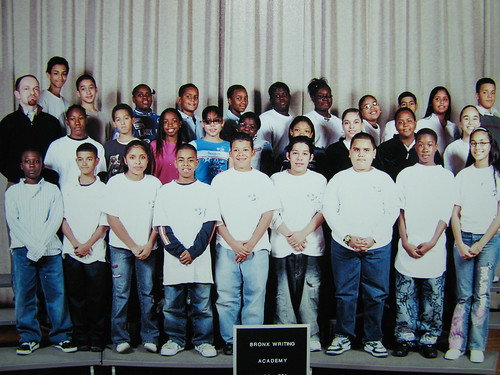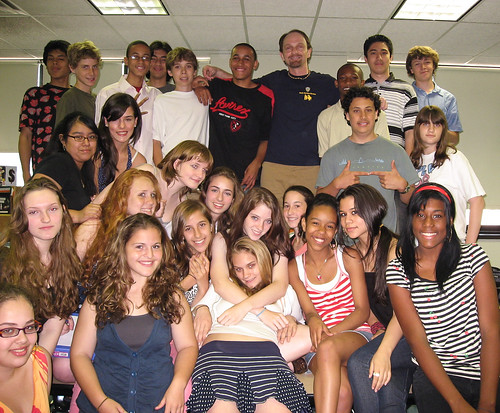1. The Stranger Essay: NOW DUE TUESDAY, MARCH 28
General Formatting (Read Closely):
- Double-spaced; size 12 font; Times New Roman or Arial
- .75 margins on both left and right sides. Indentations– .5” or 1 tab space.
- All pages beyond the first page should be numbered. Page numbers should be placed at the bottom right of each page.
- No Cover Page. Include your name (i.e. Sean Leon), class (i.e. Leon, 12G), and date (Single space the heading). Place this heading in the upper left hand corner of your first page.
- Be sure TITLE reflects the theme of the essay (for instance, 1984: Hierarchical Hegemony)
- Include Title, Author, and General Theme of work in first paragraph of essay…For Example—Jean Paul Sartre’s Nausea
- Follow MLA guidelines
Avoid the Following:
- Avoid Pronouns: I, it, you, me, we, us
- Avoid Troublesome language. Try to avoid using the following words: it, these, this, those, kind of, almost, seems, maybe, like, then, later, eventually, basically, so, many, a lot, things, due to the fact (or any variations of the fact that), in reality, very, really, forms of the verb “to be”
- In the intro, nix all book-review commentary—i.e. “is fascinating, interesting…”
- Be extremely careful with your use of all words…yet, for these words in particular, don’t think they are cheap: Truth, Beauty, Love, Nature, Reality
- Avoid gross existential generalizations; remember, we learned early on that to come to a set definition of existentialism would be difficult if not impossible. Remember, the various existential schools of thought—those whom we’ve covered (i.e. Nietzsche, Kierkegaard, Schopenhauer, Sartre, Dostoyevsky) and those whom we have had briefly touched on in précis presentations (i.e. Jaspers, de Beauvoir, Heidegger, Camus, etc.). These individuals help to define our context, so once again, avoid the generalizations.
- While I am not suggesting that you avoid all modifiers, you certainly should be conscious of how you are using them. Yet, definitely avoid the likes of really, basically, very, excellent, terrible, etc.
- Avoid misspelling proper nouns!
Remember:
- Active voice should be your default voice and only use passive when you are CHOOSING to use passive voice.
- Get comfortable writing in complex and compound sentences.
- Introductions and conclusions are factored into the grading of this essay.
- Read your essay aloud and you will hear many diction and syntax issues.
Keys to Good Writing:
- Cohesion—Every sentence fits together; paragraphs flow smoothly. Ensure that the entire discussion comes together as one unified discussion of your text and its context.
- Concision—Less is more. Use fewer words to explain yourself. Begin fusing sentences by merging ideas into tightly knit phrases.
- Precision—Accuracy. Use words that accurately capture what you mean. Don’t settle for words or expressions that come close.
- Coherence—Does your essay make sense? Are your ideas organized in a logical sequence? Do you prove your thesis? Do the parts contain the essence of the whole?
2. (Due 3/29) Print out and Read the section entitled The World as Will. This reading will be short but dense. Be sure to annotate.
3. (Also Due 3/29) Schopenhauer, On the Suffering of the World and On the Vanity of Existence–Located in the rear of the packet, Schopey Wopey’s essayS brings us back to one of the more common themes of the term. Read and annotate the text.















































